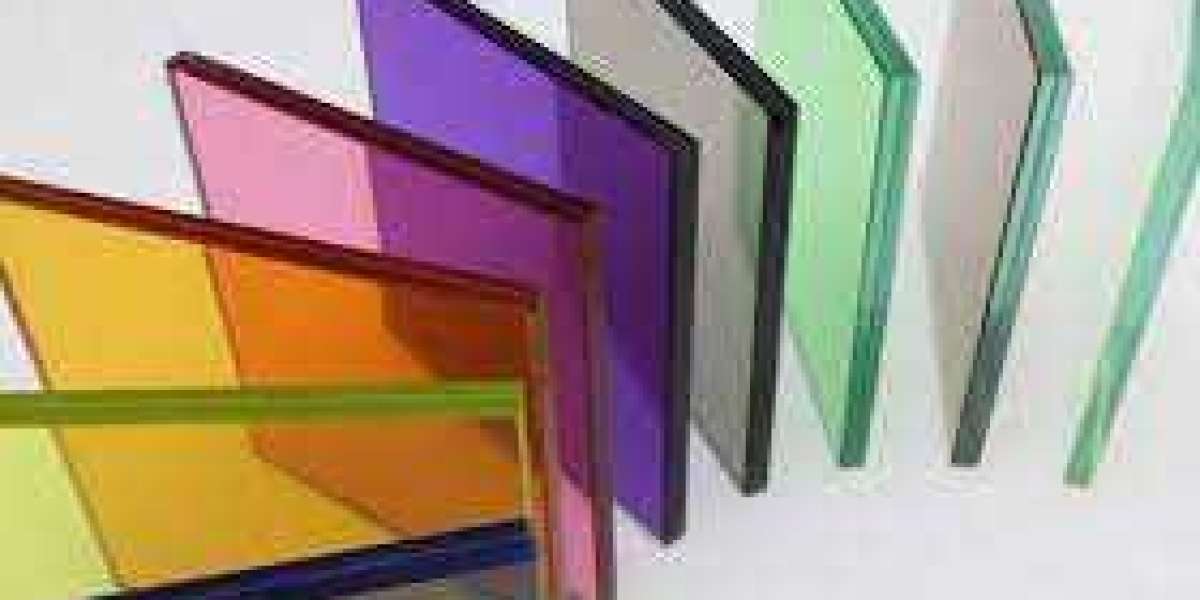In optics, every detail matters. A small error in selecting the right filter glass can compromise accuracy, efficiency, and overall system performance. Whether it’s for photography, medical devices, or laser applications, the quality of filters directly impacts results. Ignoring specifications often leads to signal loss, poor light transmission, and inaccurate measurements. That’s why businesses and professionals must carefully evaluate filter glass before making decisions.
Why Filter Glass Is More Than Just a Component
Many assume filter glass is a simple accessory, but in reality, it’s the backbone of precise optical control. It regulates wavelengths, eliminates unwanted signals, and ensures devices perform consistently. In cameras, it helps balance color accuracy; in laboratories, it enhances signal detection. Without the right filter, instruments may deliver distorted results, impacting industries that depend on accuracy.
Common Problems with Inaccurate Filter Glass Selection
1. Reduced Transmission Efficiency
Using the wrong filter reduces the amount of light passing through, leading to weaker imaging or signal detection.
2. Poor Spectral Accuracy
If a filter glass doesn’t align with the required wavelength, measurements or images become unreliable, especially in scientific and medical fields.
3. Durability Issues
Low-quality materials can degrade faster under heat or UV exposure, reducing lifespan and increasing replacement costs.
4. System Compatibility
Not all filters fit every optical system. Choosing a mismatched filter can cause alignment issues or interfere with optical coatings.
Modern Solutions to Improve Optical Systems
Manufacturers are developing advanced solutions to address these challenges. High-performance coatings, thermal stability, and precision-cut designs are now standard in professional-grade filters. Multi-layer coatings enhance durability, while innovations in narrow-bandpass filters allow more accurate wavelength selection.
Whether in lasers, telescopes, or fluorescence imaging, selecting the right filter glass can make the difference between sharp, reliable data and costly errors. Professionals today also rely on customized designs that fit specific instruments and unique applications.
Why Industries Must Pay Attention
From defense to biomedicine, industries depend on clarity and precision. Poor filter choices not only affect accuracy but can also damage reputations when results are inconsistent. For example, in healthcare, a substandard filter can alter diagnostic imaging. In manufacturing, it can affect product inspection and quality control. Choosing advanced filter glass solutions ensures efficiency, reduces costs, and protects sensitive equipment.
Conclusion
Selecting the wrong filter glass may seem like a small mistake, but it leads to reduced efficiency, durability issues, and inaccurate results. Today’s industries demand precision, and investing in the right optical components is a non-negotiable step.
By prioritizing high-quality filters designed for specific needs, businesses can ensure reliability, improve performance, and avoid costly replacements. For professionals across fields, the right choice of filter glass is not just a technical decision—it’s a strategic advantage.














